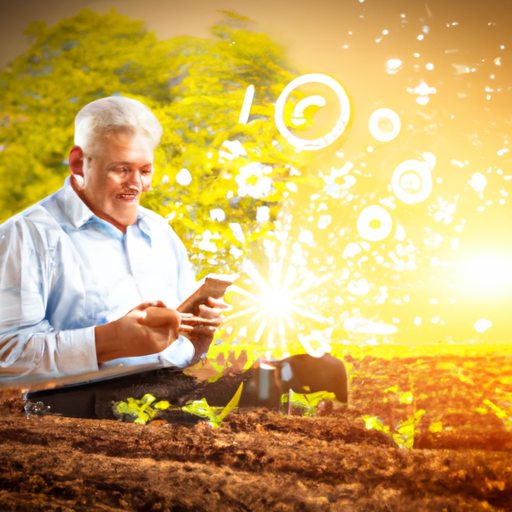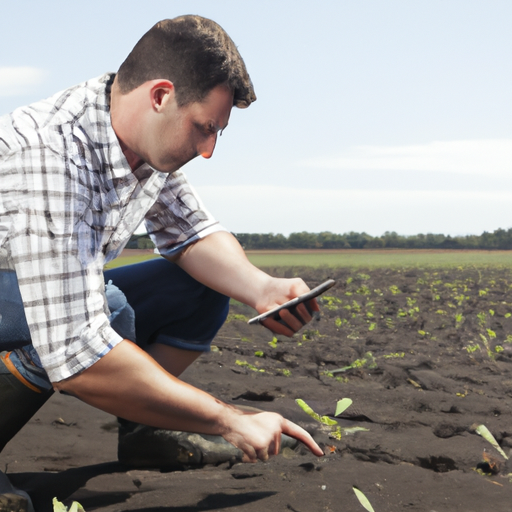As the global population continues to soar, the demand for food is escalating, putting immense pressure on agricultural practices. Smart agriculture technologies are emerging as a critical solution to meet these challenges, allowing farmers to optimize their resources and increase productivity while maintaining sustainability.
What is Smart Agriculture?
Smart agriculture, also known as precision farming, utilizes advanced technologies to enhance the efficiency and productivity of farming. This approach combines data-driven decision-making, IoT devices, and automated solutions to manage agricultural practices more effectively.
1. Internet of Things (IoT) in Agriculture
IoT technology enables farmers to monitor their crops and livestock using sensors that collect real-time data. These devices provide insights into soil moisture, weather conditions, and crop health, allowing for timely interventions that can save resources and ensure optimal harvests.
2. Drones and Aerial Imaging
Drones are transforming the way farmers assess their fields. Equipped with cameras and sensors, drones can capture aerial images that help in mapping and monitoring crop health, identifying pest infestations, and even assessing irrigation needs. The ability to gather this information quickly and accurately allows farmers to make informed decisions.
3. Automated Machinery and Robotics
Automation is making significant strides in agriculture, with robotics playing a role in tasks such as planting, harvesting, and weeding. Automated machines not only reduce labor costs but also improve efficiency by performing tasks at unprecedented speeds and precision, minimizing waste and ensuring that crops are harvested at the perfect time.
4. Data Analytics and Artificial Intelligence (AI)
The use of data analytics and AI in agriculture allows farmers to predict crop yields, analyze market trends, and optimize resource allocation. By employing algorithms that process vast amounts of data, farmers can make decisions that enhance productivity while reducing environmental impact.
5. Benefits of Smart Agriculture Technologies
- Increased Efficiency: These technologies help streamline operations, reducing time and costs associated with traditional farming methods.
- Sustainable Practices: Smart agriculture focuses on resource conservation, reducing the need for chemical fertilizers and pesticides, and minimizing environmental impact.
- Enhanced Crop Management: With accurate data and predictive analytics, farmers can improve crop management and yield.
- Better Resource Management: Technologies help in efficient water use and soil management, optimizing agricultural inputs.
Conclusion
The adoption of smart agriculture technologies is crucial for the future of farming. By embracing these advanced tools, farmers can not only increase productivity but also contribute to a more sustainable and eco-friendly agricultural system, ultimately ensuring food security for future generations. As technology continues to evolve, so will the potential for smarter farming practices that harness the benefits of innovation.
Call to Action: Are you ready to embrace smart agriculture technologies and transform your farming practices? Learn more about how these innovations can benefit your agricultural goals today!








